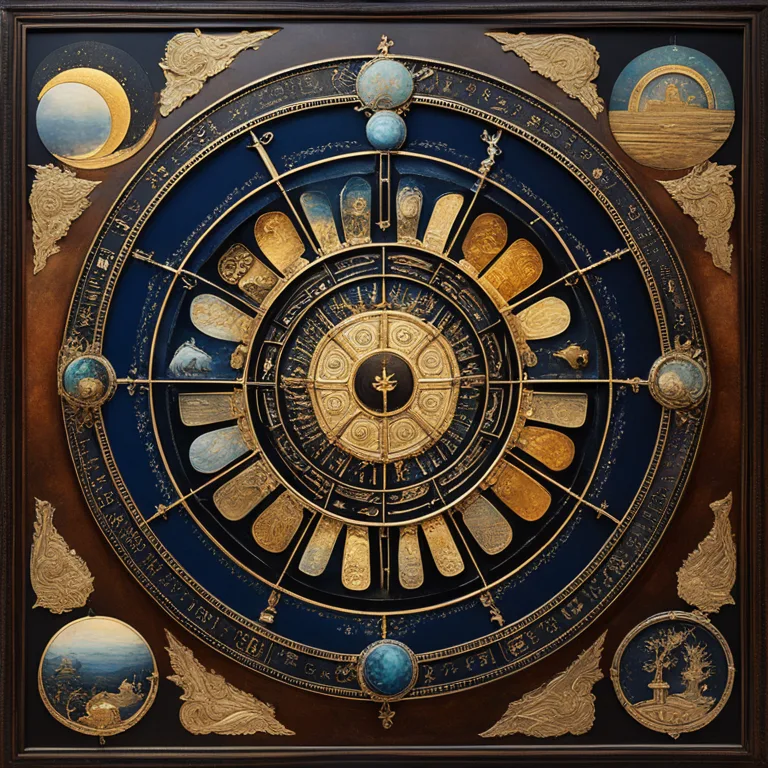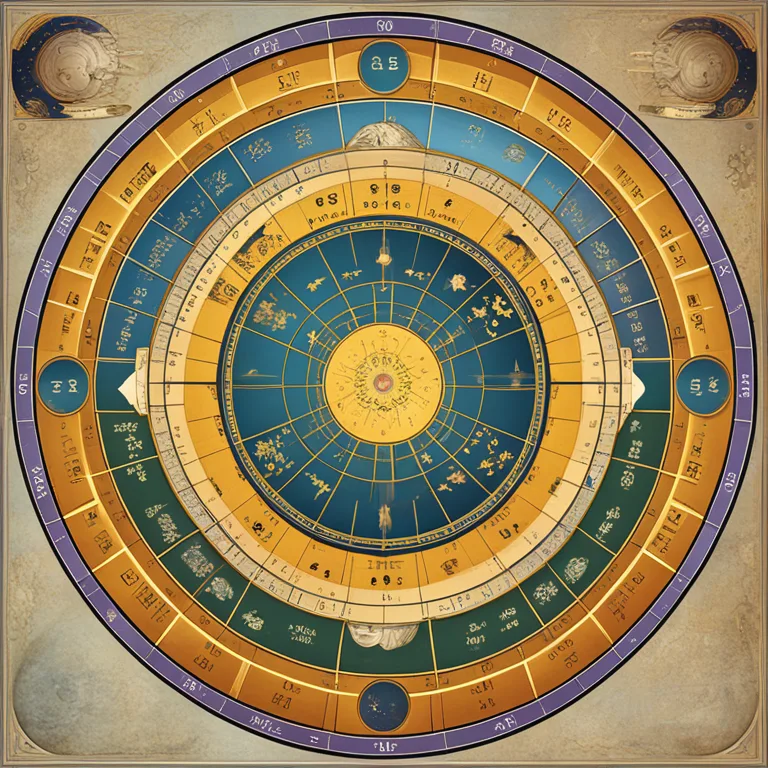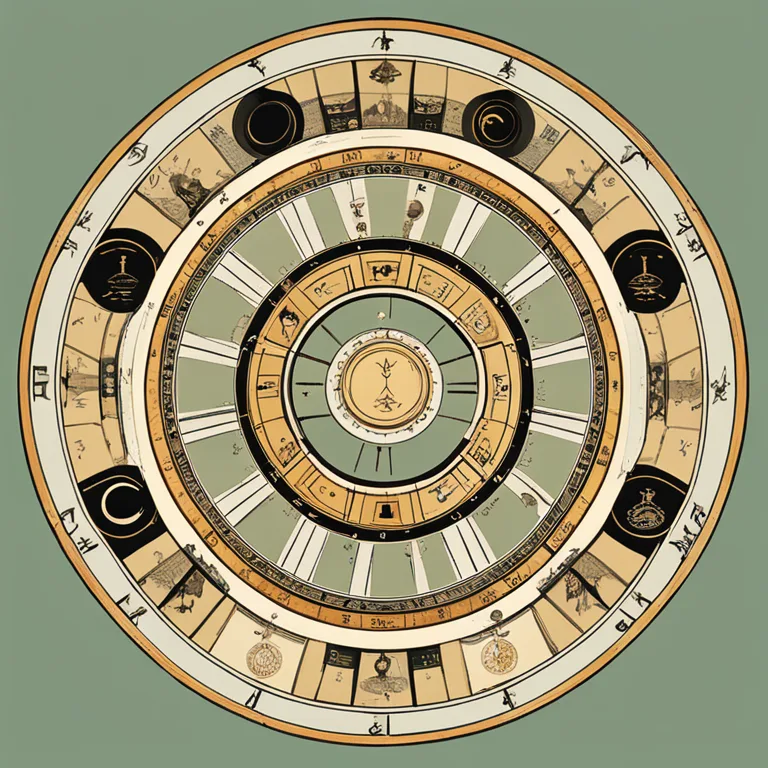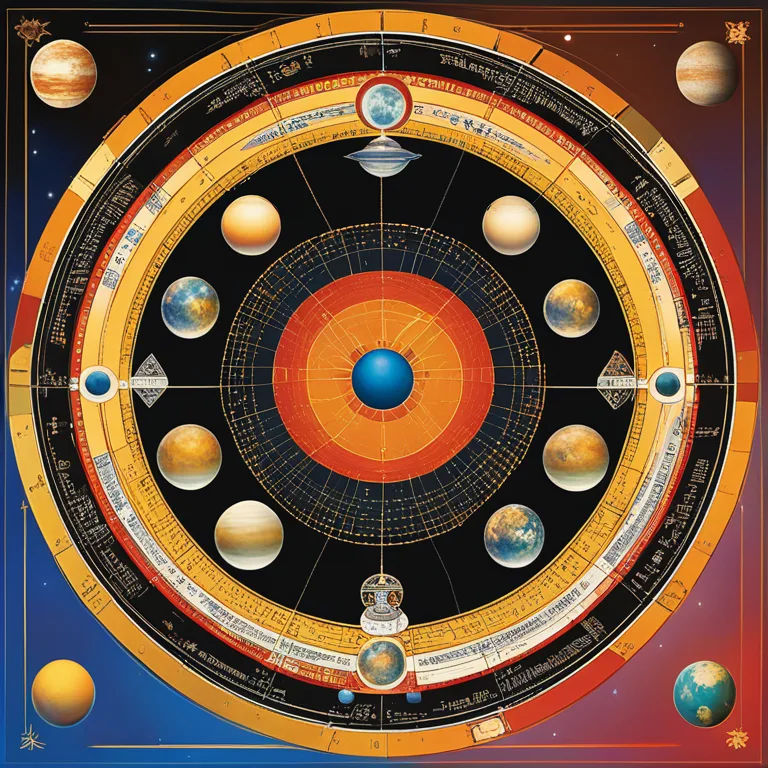
Beginner’s Guide To Birth Charts
Discover the basics of birth charts and how they offer insights into your life's cosmic blueprint.
article by Priya Deshmukh
Introduction to Birth Charts
A birth chart, also known as a natal chart, is a celestial snapshot of the exact celestial positions at the time of one's birth. It is the cosmic map that astrologers use to interpret one's personality traits, potential life path, and various life events. Constructing and understanding a birth chart requires knowledge of the date, time, and place of birth to accurately display the astrological houses and the placement of planets and celestial bodies as they were positioned in the sky at your birth.

Significance of Planetary Placements
In the realm of astrology, planets are considered the primary actors influencing different aspects of our lives. Each planet governs specific parts of our personality and life areas: love, work, ambition, communication, and more. For instance, Venus is closely associated with love and beauty, while Mars is linked to drive and aggression. When you begin to study birth charts, understanding the implications of planetary placements becomes essential to interpreting the various dimensions of your existence.

The Astrological Houses Explained
The birth chart is divided into 12 segments known as the astrological houses. Each house signifies a different life area, such as self-expression, relationships, or career. Their placement is dependent on the time and location of birth, with the Ascendant (or rising sign) marking the cusp of the first house. The positioning of planets and zodiac signs within these houses lays out the blueprint of your personal narrative in astrology.

Roles of the Zodiac Signs
Zodiac signs imbue the planets and houses with their characteristics in a birth chart. While you may know your sun sign—the most commonly referred to sign reflecting our core identity—every planet was in a particular sign at your birth. Each zodiac sign offers a lens through which we express the energies of the planets, affecting everything from our communication style (Mercury's sign) to our love language (Venus's sign).

Aspects: The Relationships Between Planets
Aspects are the angles formed between planets within the birth chart and are crucial in interpreting its deeper meanings. They can be harmonious (e.g., trines and sextiles) or challenging (e.g., squares and oppositions). These relationships help astrologers understand the dynamics of your personal energy, how different parts of your character interact, and potential conflicts or talents that stem from these cosmic interactions.
The Moon's Nodes in Your Chart
The North Node and South Node of the Moon are not celestial bodies but points that represent your karmic life path—the strengths you bring into this life (South Node) and the growth opportunities or challenges (North Node). Their placement gives an indication of your life's lessons and is a key factor in identifying your personal development focus, according to the wisdom of astrology.
The Importance of an Accurate Birth Time
Constructing a birth chart requires an accurate birth time to determine the Ascendant and the distribution of houses. A discrepancy in birth time can lead to incorrect house placements and a misinterpretation of the chart. Always strive for precision, as this impacts the astrological assessment's accuracy, which is especially significant when determining pivotal life events and personality traits.
Published: 12/22/2023
Modified: 12/22/2023
More predictions
Come back here soon to learn more about yourself and your future


Astrology Houses: The Roadmap of Destiny
Delve into the fundamental elements of astrological houses and their meanings in personal astrology charts.


The Role of Astrological Houses
Discover the fundamental concepts of astrological houses and how they influence personal astrological charts.


Astrology: The Role of 12 Houses
Delve into the core of astrological houses and their influence on personality and life events in our insightful guide.